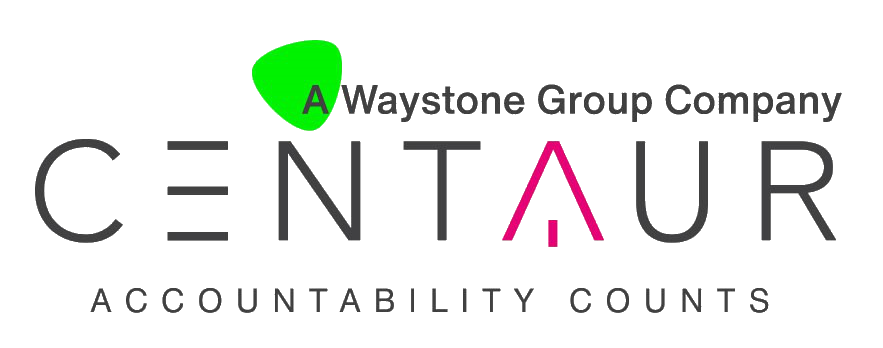THE EVOLUTION OF OUTSOURCING MODELS: TRENDS SHAPING FUND ADMINISTRATION
 Dublin / New York, November 15, 2023
Dublin / New York, November 15, 2023
The recent adoption of AI technology combined with improved data collection methods, co-sourcing and the growth of hybrid funds has driven an ever-increasing level of complexity in investment strategies. This evolution is altering how fund managers interact with their administrators, signaling a move towards more advanced, adaptable and efficient fund administration strategies.
Advanced Data Collection and Reporting Tools
The advancement of data collection methods and digital tools has empowered fund managers and administrators to handle vast volumes of information with remarkable efficiency and precision. This technological progress is not only about gathering data but also involves sophisticated data analytics for deeper market insights, bolstered security measures to safeguard sensitive information and automation for greater efficiencies.
Quality reporting is fundamental to building investor confidence and trust, informing decision-making, ensuring operational efficiency, and maintaining regulatory compliance. In an increasingly complex financial landscape, the ability to provide transparent, accurate, and timely reporting is becoming a key differentiator, distinguishing industry leaders from their competitors.
These advancements are steering the sector away from traditional, transaction-based models to more integrated, data-driven, operational partnerships. Fund managers are now favoring a smaller number of deeply integrated partnerships, capable of addressing their global needs across various jurisdictions and sectors, as opposed to maintaining multiple, less involved relationships. This shift reflects a rationalization in the approach to partnerships, emphasizing quality and depth over quantity.
Rising Regulatory Scrutiny
In recent years, there has been a significant escalation in regulatory scrutiny and compliance pressures. Investors and regulatory bodies are increasingly seeking higher levels of transparency and accountability from fund managers. Consequently, possessing robust internal controls, effective risk management, and stringent compliance have become indispensable for successful fund managers. These qualities are also expected from their fund administrators.
Fund administrators play a critical role in helping their clients adeptly navigate and comply with emerging regulatory requirements. As regulations evolve, clients rely on administrators not just to keep pace but to proactively analyze, inform, and manage the ongoing barrage of regulation and regulatory scrutiny.
The Co-Sourcing Model
Co-sourcing is a blended operational approach where the fund manager maintains an internal data and technology framework, and their administrator is granted access to create, view, and analyze primary data elements. It allows fund managers to retain control and real-time access to data while leveraging the expertise and resources of fund administrators.
Despite its higher costs compared to pure outsourcing, co-sourcing offers control and ownership of data, while accessing the expertise and operational efficiency of a fund administrator.
Development in technology has been a game changer and good fund administrators are responding by offering advanced technological platforms that complement the co-sourcing model. These platforms enable seamless integration of a fund manager's internal systems with the administrator's resources. By doing so, they facilitate efficient data sharing and management, ensuring that both parties have the necessary information at their fingertips. This integration is pivotal in maintaining the integrity and security of data while allowing for comprehensive analytics and reporting.
The Rise of Hybrid Funds
Historical fund structures predominantly fell into two distinct categories: open-ended hedge funds and closed-ended private equity funds. A hybrid model blends elements from both. This approach aims to diversify portfolios and mitigate risk, combining the long-term investment strategies typical of private equity funds with the dynamic trading and hedging tactics of hedge funds. Consequently, fund managers and their service providers have adapted their infrastructures to accommodate these hybrid structures effectively.
Hybrid funds present both advantages and challenges. They offer flexibility, allowing access to diverse investment classes in one product, and facilitate managed risk through portfolio diversification. These funds also provide increased liquidity due to their open or semi-open structures and promise a balance between risk and return. However, managing hybrid funds demands specialized expertise and sophisticated infrastructure. Regulatory complexity and the need for advanced technology and comprehensive reporting add to these challenges.
Administrators like Centaur are pivotal in navigating these complexities, providing integrated solutions that combine the best of both hedge and private equity funds.
Embracing Transformation in Fund Management
The integration of sophisticated AI, enhanced data collection and reporting tools, and the emergence of new operational models like co-sourcing and hybrid funds are redefining the funds landscape. These changes are not just reshaping the tools and strategies employed but are also fostering deeper, more integrated partnerships between fund managers and administrators.
Karen Malone, Founding Partner at Centaur Fund Services, says, “We are witnessing a transformative era in fund management. Our industry is evolving from traditional methods to innovative, technology-driven approaches. This evolution is essential to meet the increasing demands for transparency and efficiency from investors and regulators alike.”
She continues, ”As we embrace these changes, our focus remains steadfast on establishing deep partnerships with our clients, offering customizable solutions and specific asset-class expertise tailored to their unique needs. We recognize the importance being a core member of our client’s team, contributing substantially to enhancing portfolio management, risk mitigation and investor relations.”

